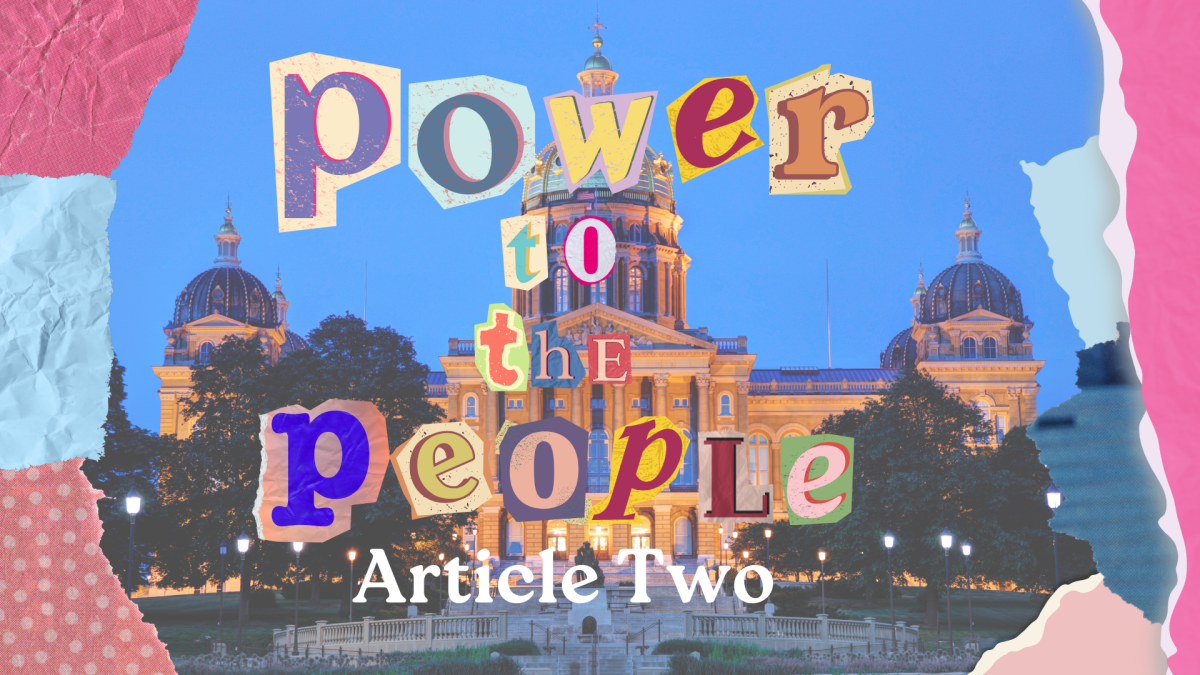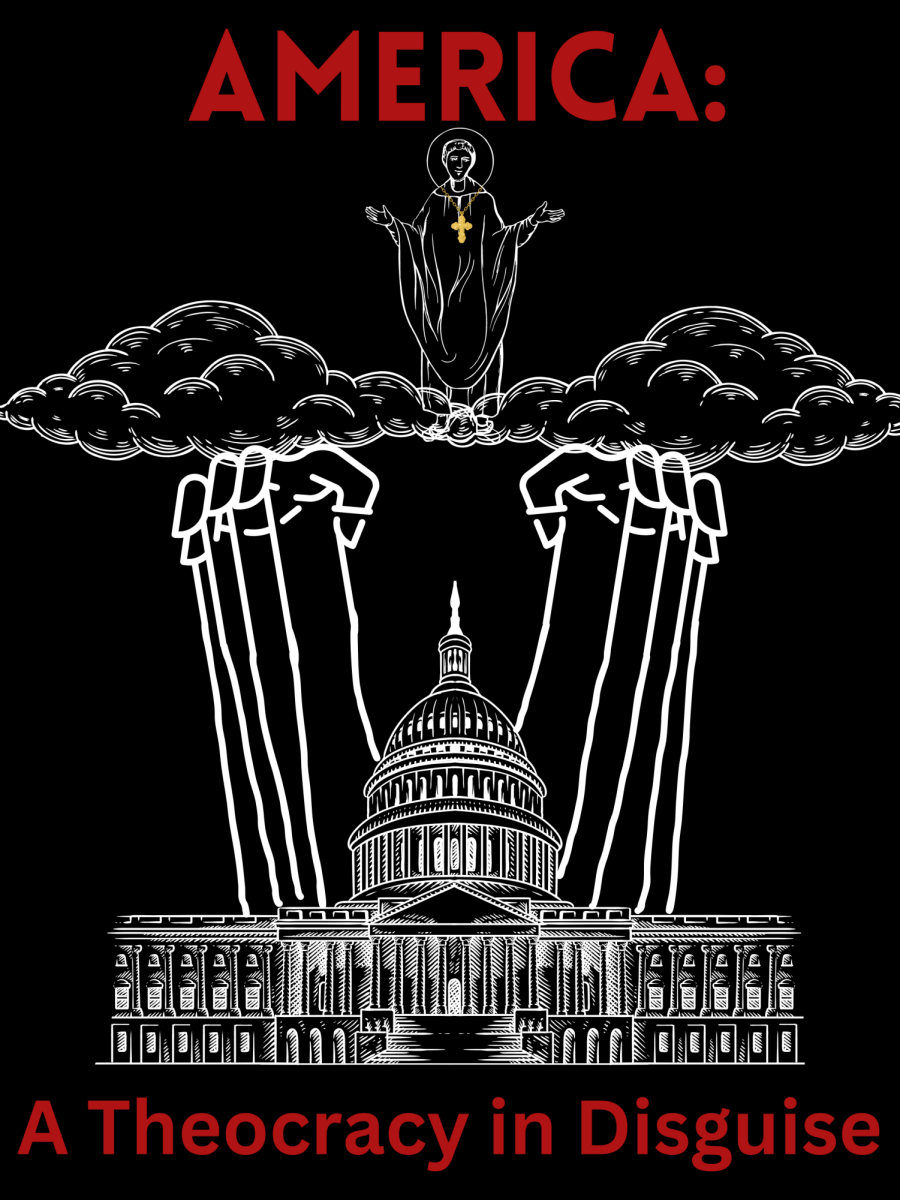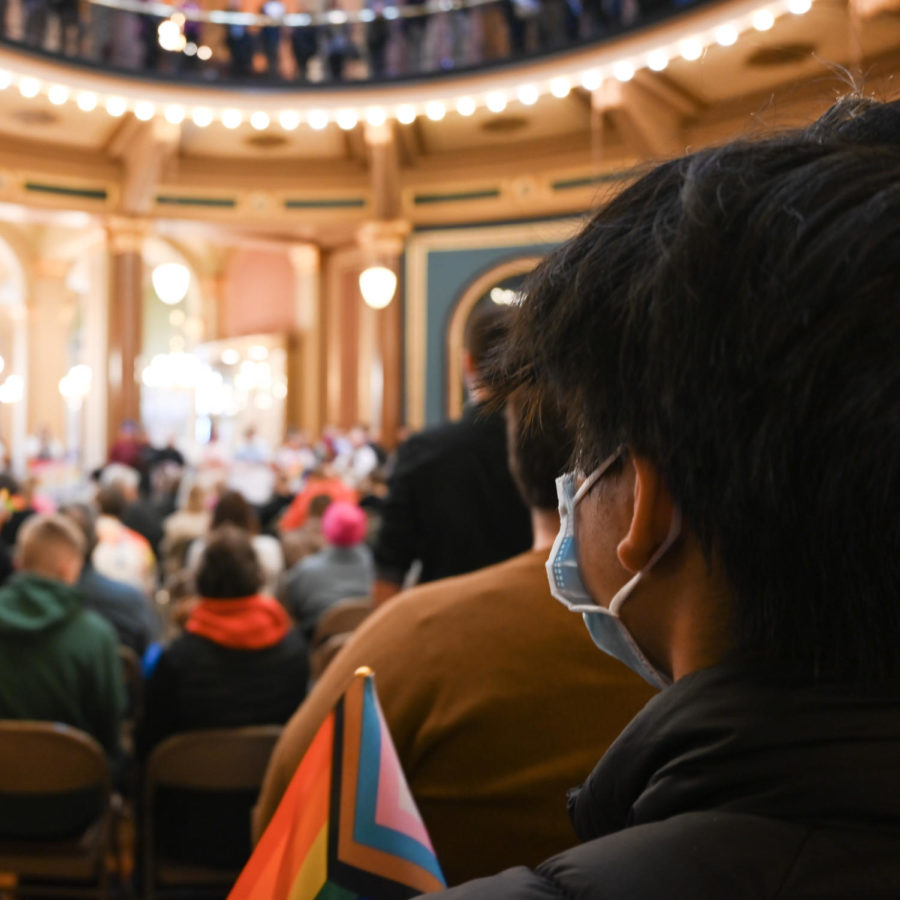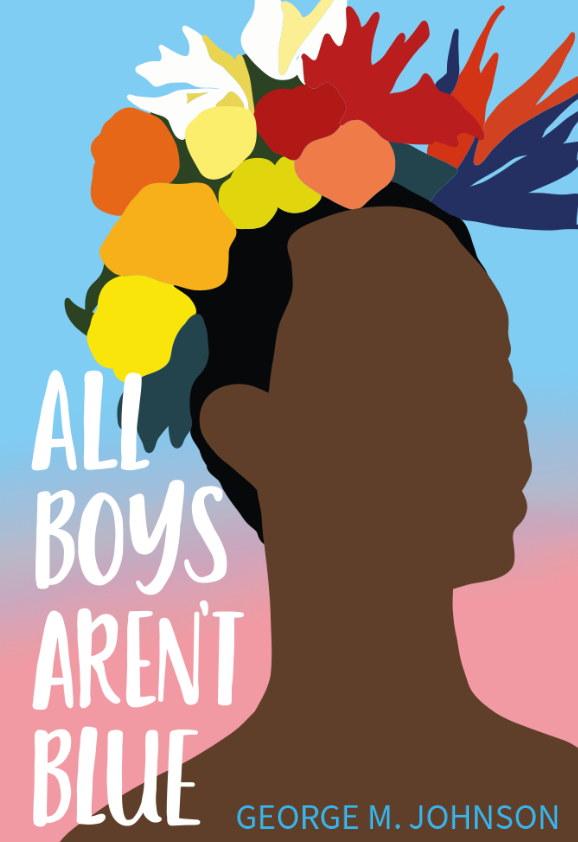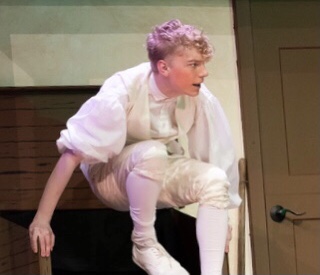My first protest started with me writing on a piece of poster board as I ran to catch up with the crowd walking through downtown Des Moines. After I jerked my way into the herd of people marching, holding signs and chanting ,I felt more liberated than ever before. Although I was surrounded by complete strangers, the experience made me feel understood. Protesting made me feel as if my voice really does matter in our society.
Some students and adults believe protesting is ineffective and a joke. This is a good sign some people may not be paying attention in history class. Think about the Boston Tea Party. A bunch of our forefathers not only protested taxes, but dumped tea in the harbor (although I am not advocating destroying property). The Civil Rights Movement was a movement driven by protests. Progress would not be possible without bus boycotts and marches. Women’s voting rights would not be possible without some women parading outside the White House in 1917 and being arrested for “obstructing sidewalk traffic.”
 Protesting is one of the only effective ways to voice opinions to the government. Some of our own students and teachers’ experiences exemplify this. Will Kaptain ‘17 attended the travel ban protest held in February at the State Capitol. “I think in many ways [protesting] is a method of celebrating American tradition and American values,” he said.
Protesting is one of the only effective ways to voice opinions to the government. Some of our own students and teachers’ experiences exemplify this. Will Kaptain ‘17 attended the travel ban protest held in February at the State Capitol. “I think in many ways [protesting] is a method of celebrating American tradition and American values,” he said.
Obsee Abbajabal ‘19 participated in the same protest. She attended because she believes her representatives do not accurately represent her. “I’m a black Muslim,” she said. “I’m not going to be represented very well at the state level or even the federal level.”
While some students and teachers participate in protests, other decide to use marches as an alternative. Marches often have a supportive approach to topics, rather than opposing an action or bill like protests do. Whether it’s a protest or a march, the act of voicing an opinion is important.
Addi Seybert ‘17 marched in the Des Moines Women’s March. “I would absolutely go to another march because it was a really good experience, I think a lot of people should do it,” she said. “Especially if you’re not really into protesting and don’t want any backlash, a march would be great.”
Teachers have also participated in a variety of protests or marches.History and Extended Learning Progream (ELP) teacher Sue Cline attended the March for Iowa’s Teachers at the State Capitol. “Somebody has got to stand up for the people that cannot stand up for themselves,” Cline said. “For awhile I have done nothing beyond share my opinion verbally with friends and post quite often on Facebook. It finally hit, we’ve been too safe for too long.”
Whether they are marching or protesting, many of the participants are regular citizens, not necessarily activists. A person’s participation in a protest does not always determine their political view. Many protests consist of diverse participants of various races, genders, social classes, religions and political views. “These are real, normal everyday people who care about real issues and want to have their voices heard, whether they are protesting or marching, however you want to define it,” art teacher Katie Black said. Black participated in the Women’s March in Washington D.C.
History has proven that without protests, progress cannot be made. This still applies today. Protesting is not just for self proclaimed activists. Any citizen with a passionate view and wants to be heard should not hesitate in speaking their mind.



